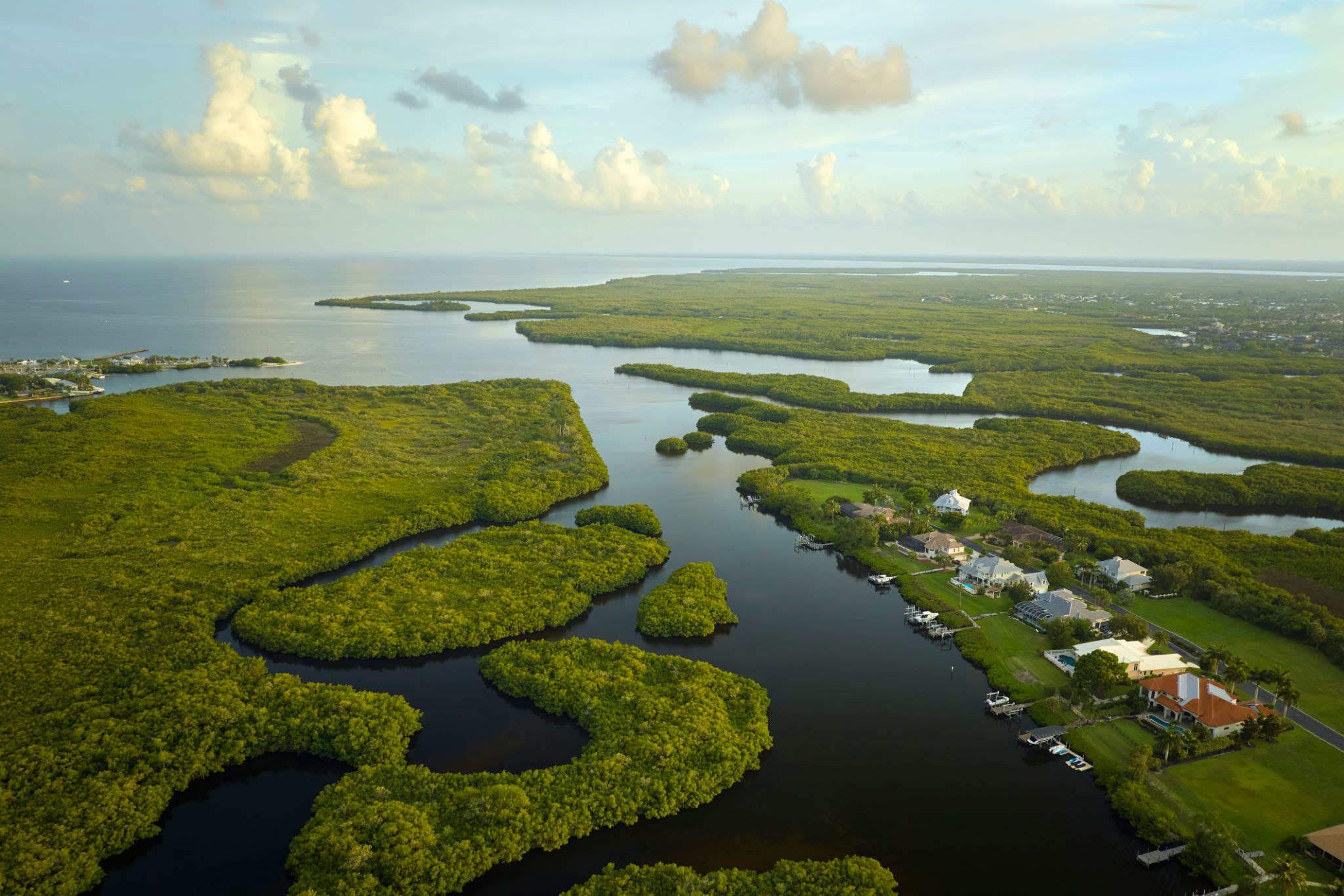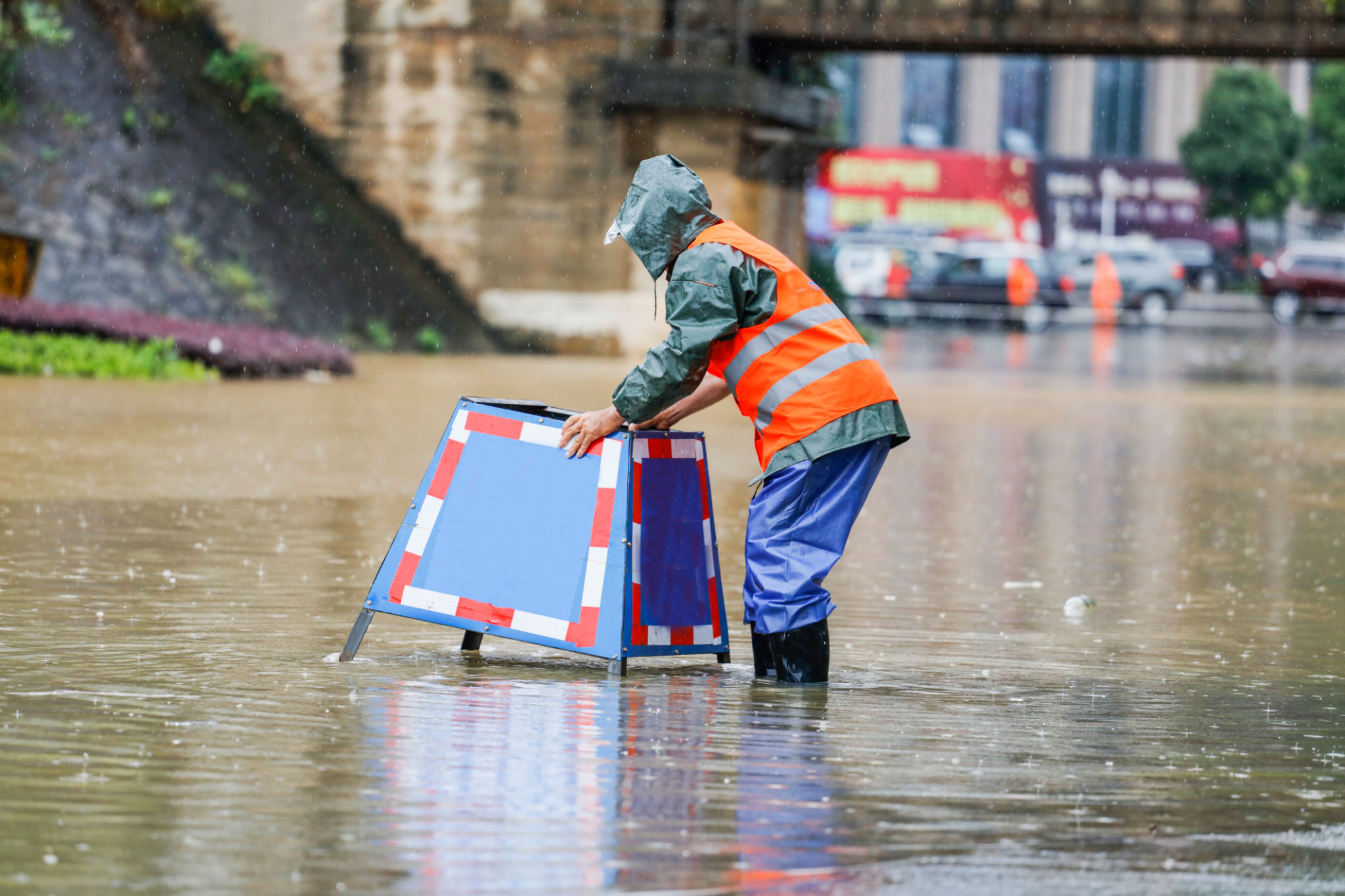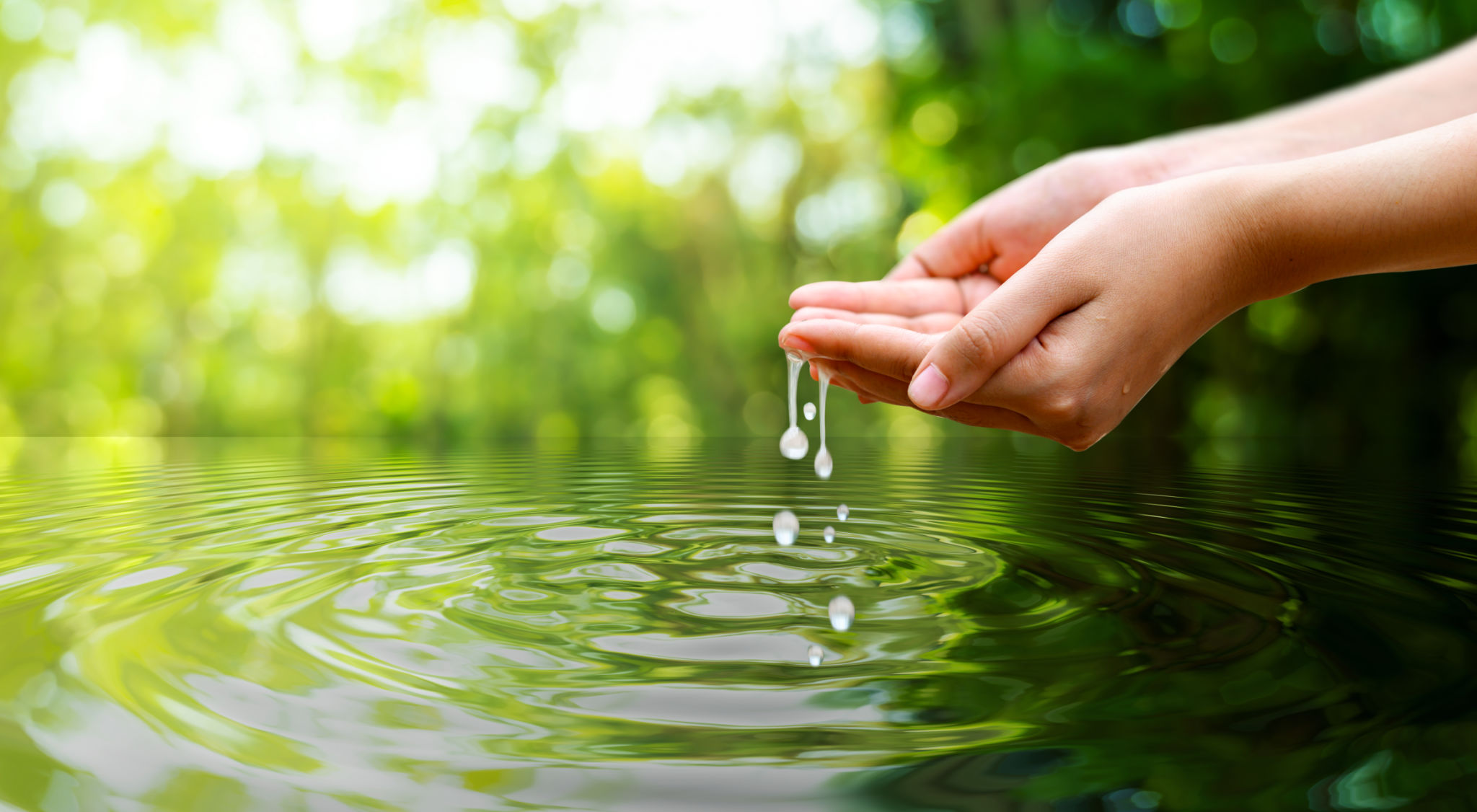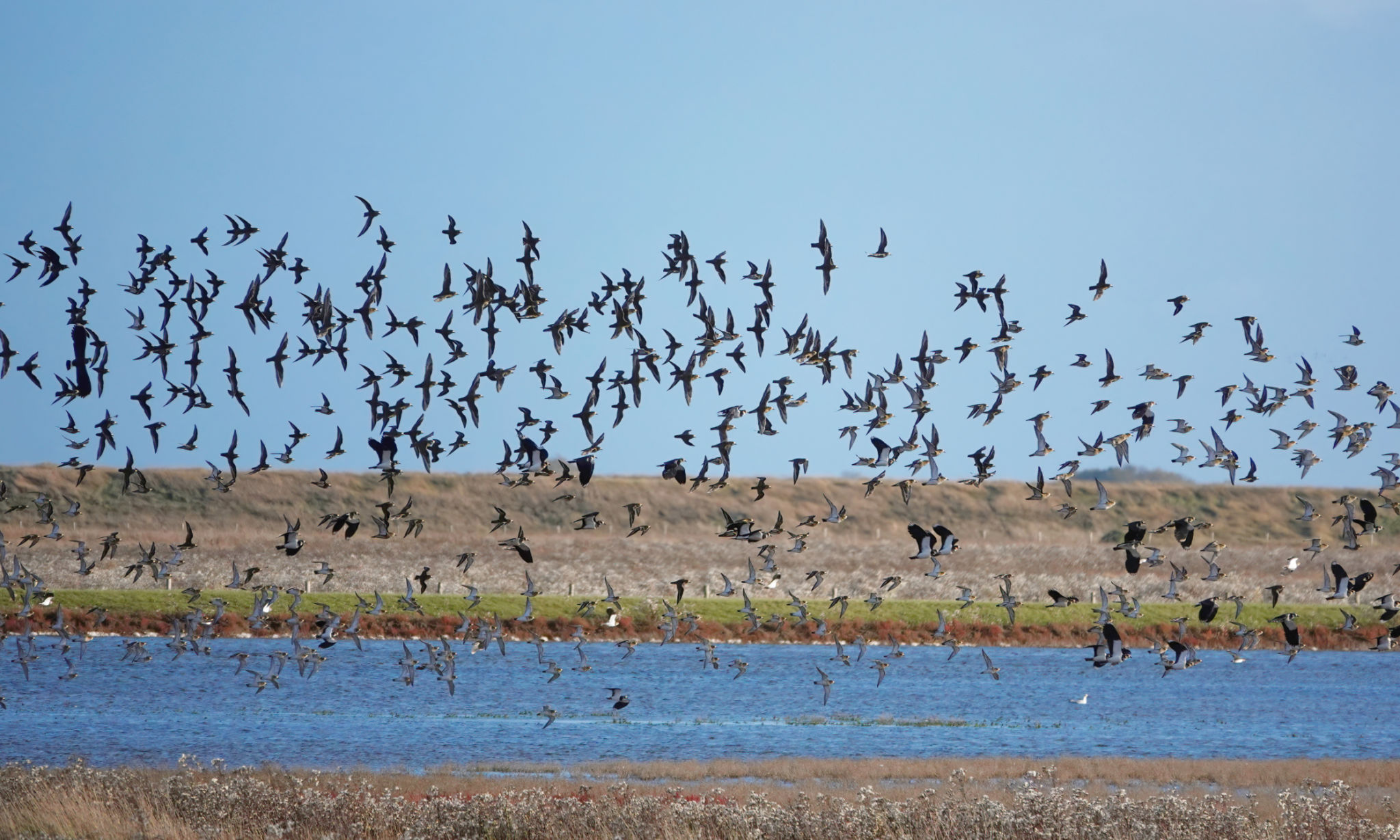Seasonal Strategies for Mitigating Environmental Impact in Florida
Understanding Florida's Unique Environmental Challenges
Florida is renowned for its diverse ecosystems, ranging from the Everglades to its extensive coastline. However, the state faces unique environmental challenges due to its geography and weather patterns. Rising sea levels, increased storm frequency, and fluctuating temperatures are just a few issues that underscore the need for effective environmental strategies.
By adopting seasonal strategies, residents and businesses can help mitigate environmental impacts and promote sustainability. Understanding these seasonal fluctuations is crucial in crafting a proactive approach to environmental stewardship.

Spring: Preparing for Storm Season
As spring arrives, so does the beginning of Florida's storm season. Preparing for this period is essential to minimize damage and environmental impact. Communities can focus on strengthening infrastructure and improving drainage systems to handle increased rainfall.
Community Initiatives
Local governments can implement community cleanup programs to ensure waterways remain clear of debris. These initiatives not only protect the environment but also enhance community resilience against flooding.

Summer: Embracing Water Conservation
Summers in Florida are characterized by high temperatures and humidity, leading to increased water consumption. To combat this, individuals and businesses should adopt water conservation techniques such as using drought-resistant plants in landscaping and installing efficient irrigation systems.
Practical Tips for Water Saving
Consider these strategies to conserve water during the summer months:
- Install low-flow fixtures in homes and businesses.
- Use mulch to retain soil moisture.
- Water plants during early morning or late evening to reduce evaporation.

Autumn: Reducing Energy Consumption
As temperatures begin to cool in autumn, it's the perfect time to focus on reducing energy consumption. Implementing energy-efficient practices can significantly lower environmental impact and utility bills.
Energy-Efficient Practices
Simple changes such as upgrading to LED lighting, using programmable thermostats, and conducting regular maintenance on HVAC systems can make a substantial difference. Additionally, encouraging the use of public transportation or carpooling can further reduce energy consumption.

Winter: Protecting Wildlife and Habitats
Winter in Florida offers a unique opportunity to support local wildlife. Many species migrate or hibernate during this time, and protecting their habitats is crucial for maintaining biodiversity. Residents can participate in habitat restoration projects or wildlife monitoring programs to aid in conservation efforts.
Supporting Wildlife Conservation
Efforts to protect wildlife include:
- Planting native species to provide food and shelter.
- Participating in bird counts and other citizen science projects.
- Reducing light pollution to benefit nocturnal species.

The Role of Education and Community Engagement
Education plays a vital role in encouraging sustainable practices. By raising awareness about the importance of environmental protection, communities can foster a culture of sustainability that extends beyond individual efforts. Workshops, seminars, and school programs can be instrumental in spreading knowledge about effective seasonal strategies.
Engaging local communities through events like eco-fairs or sustainability challenges can also inspire collective action. By working together, Florida residents can help ensure a healthier environment for future generations.